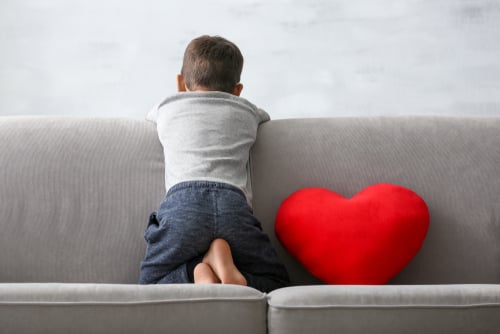Disruptive Behavior Disorders: a FAQ

Oppositional defiant disorder and conduct disorder are the two kinds of disruptive behavior disorder. Between 2%-16% of youth struggles with oppositional defiant disorder and anywhere from 6% to 9% of youth lives with conduct disorder, especially young boys. Disruptive behavioral disorders can have severe negative consequences in a young person's life including academic issues, legal issues, and issues with substance use disorders as well. Confronting and intervening disruptive behavioral disorders as quickly as possible, particularly when there are substance use disorders present, is critical. Through adolescent mental health treatment, young boys have a better chance at recovery and a successful life with early intervention.
Common Symptoms of Disruptive Behavioral Disorders
- Defying authority figures
- Anger management issues
- Antisocial behaviors
- Lying
- Stealing
- Hostile behavior
- Disobedience
- Refusing to comply with rules
- Refusing to take responsibility for mistakes
- Intentionally disrupts the peace of others
- Acts in outwardly aggressive ways toward people
- Acts in outwardly aggressive ways toward animals
- Bullies family members or friends
- Seeks revenge
- Loses temper
- Shows little to no remorse
- Easily triggered or annoyed
- Highly irritable
- Isolates from others and alienates others
- Spiteful
- Vindictive
- Resentful
Potential Consequences of Untreated Disruptive Behavioral Disorders
- Legal issues
- Arrest
- Incarceration
- Building a criminal record
- Failing out of school
- Suspensions
- Expulsions
- Risk taking behaviors
- Family dysfunction
Stonewater Adolescent Recovery Center offers long-term teen residential treatment program for addiction recovery. Our programs involve the whole family for foundation building, life cleansing change.
Call us today to start living your recovery: 662-598-4214

.jpg)

